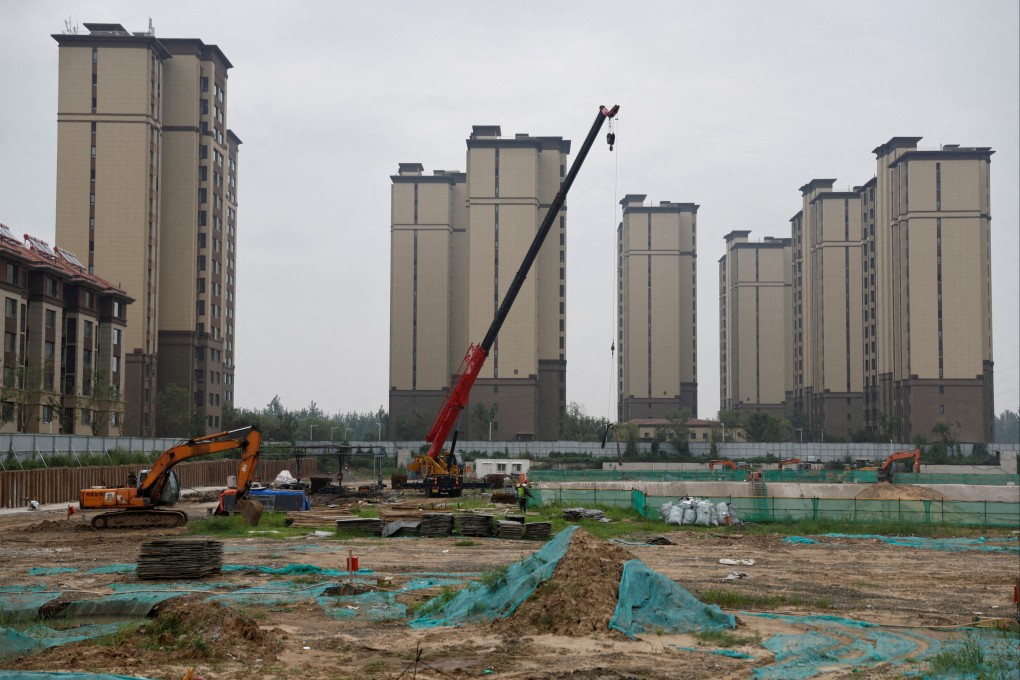China’s debt-ridden local governments face rising pressure, fallout from property crisis could be crushing
- Possible contagion effects of local government defaults could create a systemic crisis with far-reaching implications for China’s economy
- ‘China model’ of prioritising infrastructure investment to boost economic growth only works because central government is lender of last resort for local governments, economist says

Defaults among China’s private developers could exacerbate local-level government debt risks, analysts say amid growing concerns over contagion from the real estate sector’s fallout on the economy.
Country Garden, China’s biggest developer, has been struggling to meet its debt repayments. The Guangdong-based real estate company warned last week that it would not be able to service all of its offshore borrowings.
Japanese investment bank Nomura estimated that growth of local government land-sale revenues contracted 19.6 per cent, year on year, between January and August, compared with a slump of 23.3 per cent over the same period in 2022 – a reflection of hard times for local government coffers.
As such, some local governments are facing increasing debt-repayment pressure after years of hefty spending on low-return infrastructure projects.
The Politburo, the centre of power within the Communist Party, said in July that there would be a “comprehensive” plan to resolve local government debt risks, but no details of the debt-resolution plan have been officially announced.